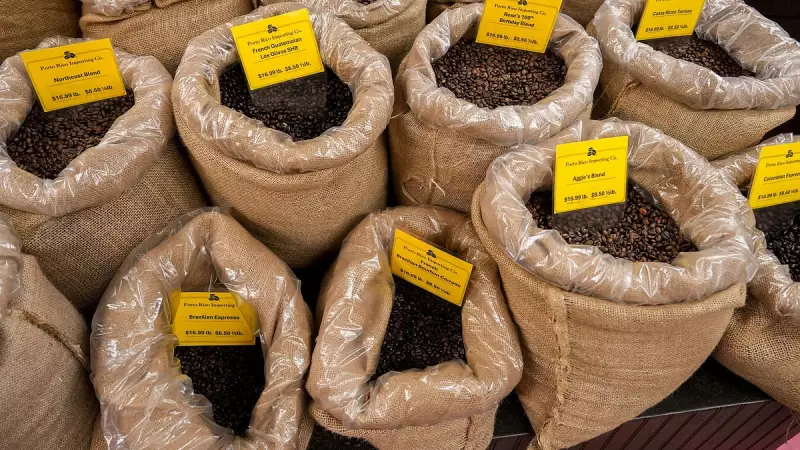
The Coffee Board of India has unveiled an ambitious roadmap to transform the country's coffee sector, setting a definitive deadline of 2047 to double production capacity to 7 lakh tonnes. This strategic vision aims to significantly boost India's position in the global coffee market while enhancing farmer prosperity.
The Ambitious Production Target
The Coffee Board has established 2047 as the target year to achieve production of 7 lakh tonnes, representing a substantial increase from current levels. This ambitious goal forms part of a comprehensive strategy to revitalize India's coffee industry and capitalize on growing global demand for quality coffee beans.
According to the Board's projections, this production expansion will require coordinated efforts across multiple fronts, including technological adoption, area expansion, and productivity enhancement. The plan acknowledges both the challenges and opportunities facing Indian coffee growers in the coming decades.
Current Production Landscape and Challenges
India currently produces approximately 3.5 lakh tonnes of coffee annually, with the new target representing a 100% increase over current production levels. The country's coffee cultivation spans approximately 4.5 lakh hectares across traditional growing regions in Southern India.
Coffee Board Chairman M K Bhanu Murthy emphasized that the production enhancement must focus equally on quality improvement alongside quantity increases. This dual approach aims to position Indian coffee as a premium product in international markets while ensuring sustainable returns for growers.
The strategy addresses several persistent challenges facing the sector, including climate change impacts, price volatility, and the need for modern cultivation practices. Small and marginal farmers, who constitute a significant portion of coffee growers, will receive particular attention in implementation plans.
Strategic Implementation Framework
The roadmap to 2047 involves a multi-pronged approach that includes geographical expansion beyond traditional growing areas. The Board has identified North East states as potential new regions for coffee cultivation, which could significantly contribute to achieving the production target.
Key initiatives will focus on research and development, technology transfer, and market access enhancement. The Board plans to collaborate with research institutions to develop climate-resilient varieties and improved cultivation techniques suitable for diverse growing conditions.
Farmer support programs will form the backbone of the implementation strategy, providing technical guidance, financial assistance, and market linkage support. The Board recognizes that achieving the 2047 target depends fundamentally on improving farmer profitability and sustainability.
International market development will receive equal emphasis, with plans to promote Indian coffee brands globally and establish direct connections between growers and international buyers. This approach aims to capture greater value within the supply chain for Indian stakeholders.
The 2047 deadline aligns with India's broader vision for agricultural transformation and economic growth, positioning the coffee sector as a significant contributor to rural prosperity and export earnings in the decades ahead.






